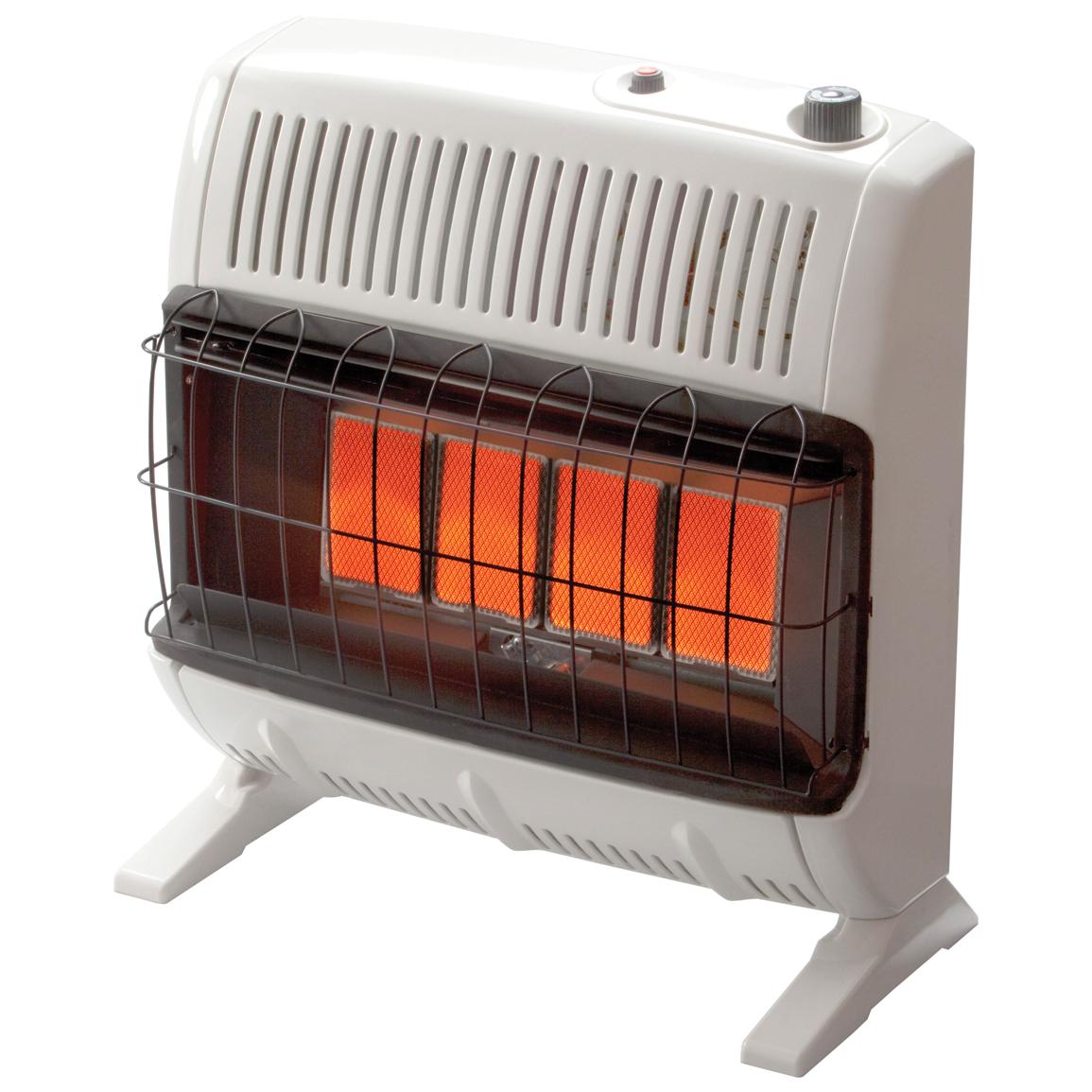Switching to natural gas heating can be a smart move, but it’s essential to make an informed decision. This guide covers everything you need to know about natural gas heaters, from understanding the different types to prioritizing safety and maximizing efficiency. Whether you’re looking to replace your current heating system or simply exploring your options, this guide will provide the insights you need.
Types of Natural Gas Heaters: Finding the Right Fit
Just like choosing the right car, selecting the perfect natural gas heater depends on your specific needs and lifestyle. Here’s a breakdown of the most common types:
-
Furnaces: The workhorses of whole-house heating, furnaces distribute warm air through ductwork. These powerhouses are renowned for their efficiency, making them particularly suited to larger homes. Learn more about optimizing your furnace performance with the right occidental tool pouch for maintenance tasks.
-
Boilers: For consistent, gentle warmth, boilers heat water that circulates through radiators or underfloor heating systems. This approach provides even heat distribution and avoids the dry air often associated with forced-air systems.
-
Wall Heaters: Ideal for supplemental or zone heating, wall heaters offer a space-saving solution for smaller rooms or areas without ductwork. They can quickly transform a chilly space into a comfortable oasis.
-
Ventless Heaters: These heaters offer convenient, vent-free operation for quick heating in smaller spaces. However, they are best for occasional use, and proper ventilation is vital to prevent carbon monoxide buildup. Always crack a window when using a ventless heater.
-
Tankless Water Heaters: Offering on-demand hot water and high efficiency, tankless water heaters eliminate the need for a storage tank. While the initial investment may be higher, the long-term cost savings and endless hot water can be compelling. Discover how an ox tool belt can be invaluable for tankless water heater installation and maintenance.
To simplify your decision-making process, here’s a comparison table:
| Heater Type | Pros | Cons | Best For |
|---|---|---|---|
| Furnace | High efficiency, whole-house heating | Requires ductwork | Larger homes, consistent warmth |
| Boiler | Even heat, comfortable warmth | Can be slower to heat up | Radiant floor systems, allergy sufferers |
| Wall Heater | Zone heating, space-saving | Limited heating area | Supplemental heat, small rooms, apartments |
| Ventless Heater | Easy installation, no venting | Needs ventilation, occasional use | Small spaces, temporary/emergency heating |
| Tankless Water Heater | Endless hot water, high efficiency, space-saving | Higher upfront cost, professional installation | Homes with high hot water demand, energy efficiency |
Sizing Your Heater: BTU Calculations
Choosing the correct heater size is crucial for optimal performance and efficiency. A heater that’s too small will struggle to keep your home warm, while an oversized unit wastes energy and money. British Thermal Units (BTUs) measure a heater’s heating capacity. Calculating your BTU needs involves considering factors like room size, insulation, and climate. Online BTU calculators can simplify this process, helping you find the perfect fit.
Efficiency and Cost: Maximizing Your Investment
A high-efficiency natural gas heater can translate into significant savings on your energy bills. The Annual Fuel Utilization Efficiency (AFUE) rating indicates how effectively a heater converts fuel into usable heat. Look for models with a higher AFUE (90% or above) to minimize energy waste.
Safety is Paramount: Protecting Your Home
Safety is a top priority when dealing with gas appliances. Carbon monoxide (CO), a colorless, odorless gas, poses a serious threat. Ensure proper ventilation, install CO detectors on every level of your home, and schedule annual professional inspections.
Installation and Maintenance: Professional Expertise Recommended
While some smaller heaters may appear DIY-friendly, professional installation is generally advisable, especially for complex systems like furnaces and boilers. Regular maintenance, including filter changes, is also essential for optimal performance and longevity.
Comparing Natural Gas to Other Fuels
Natural gas heaters are a popular choice, but other options exist. Electric heaters are cleaner-burning but can be more expensive to operate. Heat pumps offer both heating and cooling, though their efficiency may decline in extremely cold climates. Consider your specific needs and climate when evaluating alternatives.
Natural Gas Heater Safety: A Deeper Dive
Are natural gas heaters safe indoors? With proper precautions, yes. Professional installation, adequate ventilation, regular maintenance, and functioning CO detectors are crucial. Vented heaters are generally safer than ventless models for continuous use.
Managing Costs: Understanding Natural Gas Expenses
The cost of running a natural gas heater depends on several factors, including gas prices, heater efficiency (AFUE), home insulation, heater size, and thermostat habits. While natural gas tends to be more affordable than electricity or oil, heat pumps might offer greater cost-effectiveness in milder climates.
Can You Leave a Gas Heater On Overnight?
Leaving a gas heater on overnight is generally discouraged due to safety concerns, including CO poisoning and fire hazards. While modern heaters have safety features, risks remain. Vented heaters are safer than unvented models, but proper ventilation and maintenance are essential regardless. Prioritize safety and avoid leaving your gas heater on unattended for extended periods, especially overnight.
- Dora the Explorer Wipe-Off Fun: Safe & Mess-Free Activities for Little Explorers - April 18, 2025
- Does Lemongrass Repel Mosquitoes? Fact vs. Fiction + How to Use It - April 18, 2025
- Do Woodchucks Climb Trees?Fact vs. Fiction - April 18, 2025










